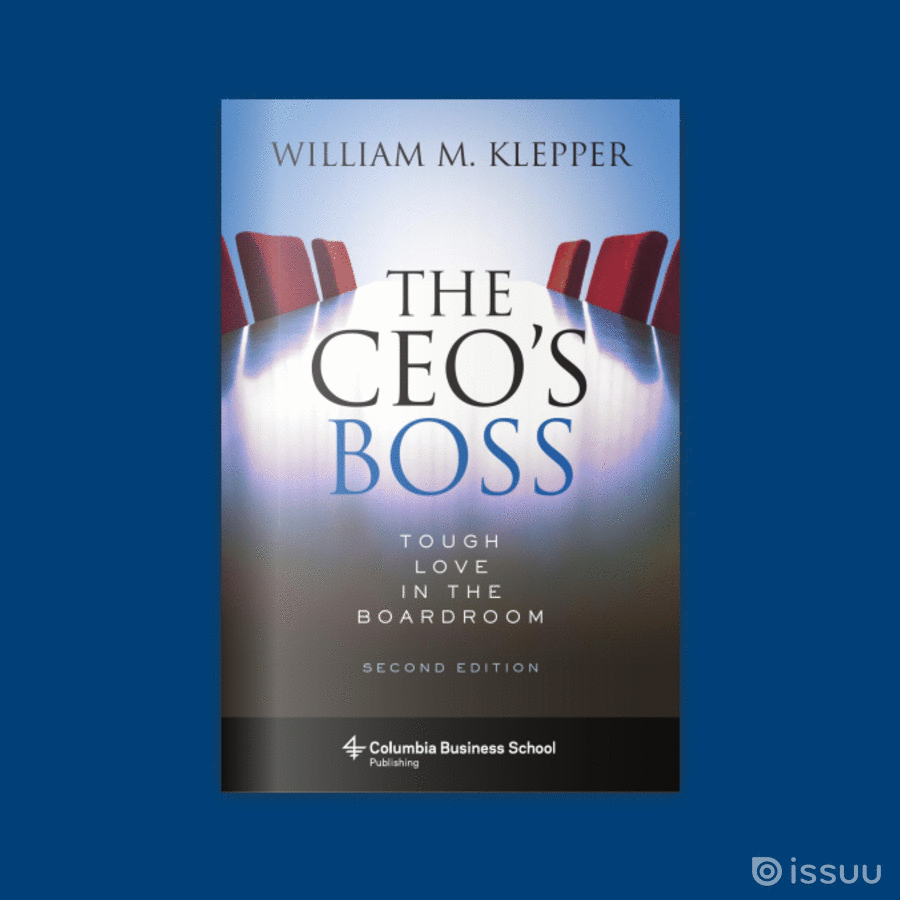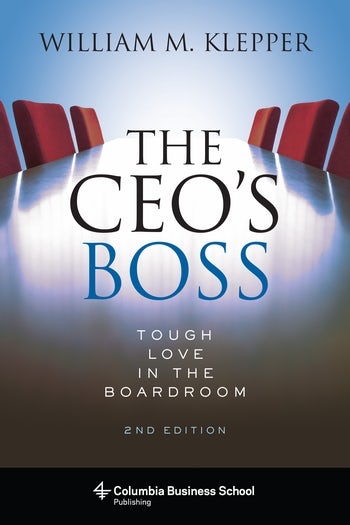An interview with Michael M. Weinstein and Ralph M. Bradburd in The Chronicle of Philanthropy
On Sunday, The Chronicle of Philanthropy ran an interview with Michael M. Weinstein and Ralph M. Bradburd, authors of The Robin Hood Rules for Smart Giving. In the interview, Weinstein and Bradburd explain how the Robin Hood Foundation makes grant-making decisions, and discuss why philanthropic foundations would be smart to learn how to better understand costs and benefits of projects they wish to pursue. Here are a few of the highlights:
Q: How does Robin Hood make its grant-making decisions?
Mr. Weinstein: We take each proposal and the first thing we do is identify all of the poverty-relevant benefits it might produce. What we count as poverty fighting are things that lift the living standards of low-income New Yorkers.
Once we’ve made that list, we assign a monetary value to each of those benefits, whether it’s gaining a high-school diploma, a health benefit, or a lower probability of criminality.
It’s a combination of a probability that the benefit will occur with the dollar value, if it does occur. We add them up and divide it by the cost.
Q: How does Robin Hood manage risk?
Mr. Weinstein: We have a board with a large number of hedge-fund traders and financial types who are used to risk and don’t mind it.
I joke that if the program staff reported to the board that every grant we had made the previous year succeeded, we’d all be fired. If nothing fails, you’re not taking any chances.
We look at the ideas that excite us the most and then we impose a hard constraint—one year from today, we will have the data that tell us whether we’re succeeding or not.
Mr. Bradburd: Philanthropy has adopted a standard of cost-effectiveness. There’s a difference between lean and mean, and starving and stupid.
Donors should be focusing on the overall benefit per dollar of expenditures, not on just what percentage of total revenues is being spent on administration. Donors should ask the people who are asking them for money how they’re measuring the benefits of what they’re spending.
To read the interview in its entirety, click here.




